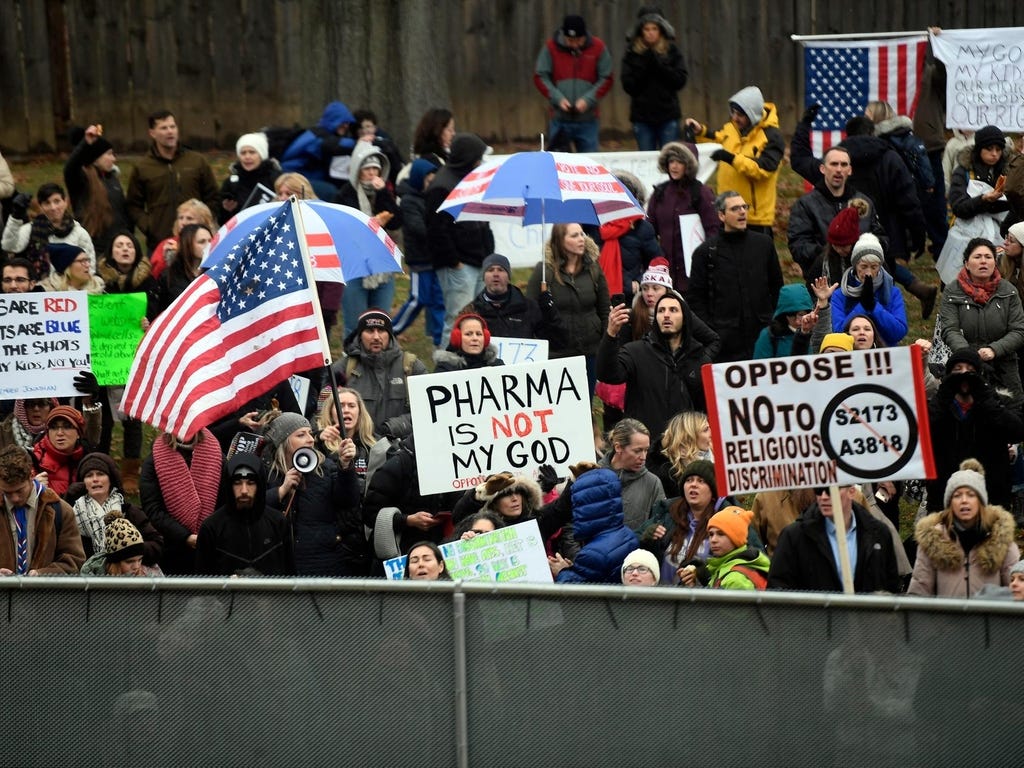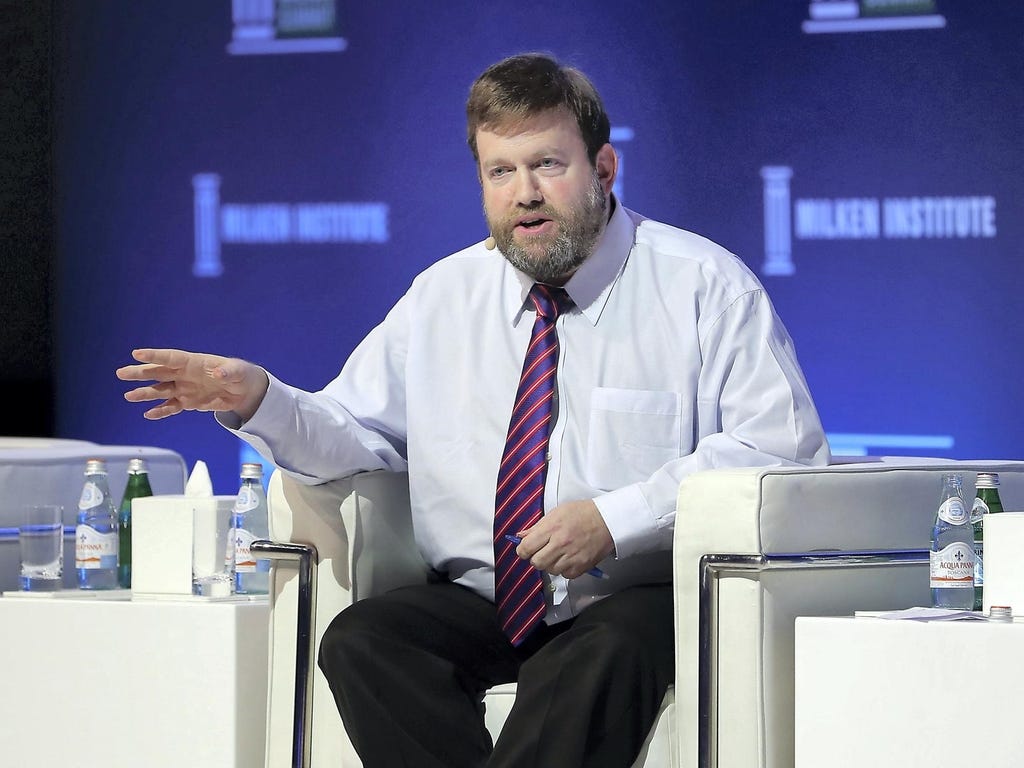As the global vaccination effort prepares to get under way, there is an urgent need for a parallel inoculation process that deploys words. The right words can help fight outbreaks of vaccine hesitancy and scepticism, outright disbelief in science and distrust of government intentions and recommendations.
This matters. Consider the situation in Britain, the western first country to approve a Covid-19 vaccine. Days ahead of this week’s launch of the mass vaccination programme, a YouGov opinion poll found that more than one-third of the British public was unlikely to take the injections. Meanwhile, nearly half of the respondents said they were worried the Pfizer/BioNTech vaccine wouldn’t be safe and 55 per cent expressed some apprehension about potential side-effects.
In the US, where the Food and Drug Administration’s vaccine advisory committee will review the Pfizer data on Thursday, preparatory to granting authorisation, a mass vaccination process could start as early as Friday evening. But such a development may not be universally cheered. A new Pew Research poll of Americans found that 39 per cent of the respondents would definitely or probably not get the jab, though about half of this group were willing to reconsider. And 21 per cent declared they did not intend to get vaccinated and were “pretty certain” more information wouldn’t change their mind.

Pew’s findings are only marginally better than the disquieting revelations of a survey published in September by the Kaiser Family Foundation. The non-profit, which is considered authoritative on healthcare analysis and statistics, ascertained that more than two-thirds of Americans were worried that US President Donald Trump was rushing the vaccines for political reasons ahead of the November 3 general election. Mr Trump himself subsequently stoked those suspicions by accusing Pfizer and BioNTech, the small German company that developed the vaccine, of playing politics. He claimed that they deliberately delayed the good news announcement until after election day, in order to deprive him of a “vaccine win”. Ozlem Tureci and Ugur Sahin, the married doctors who co-founded BioNTech, have countered as follows: “Clinical trials are highly regulated, and this is something which you cannot really delay or stop or expedite.”
Even so, the wrangling must surely heighten any concerns that already existed. Noel Brewer, a professor at North Carolina University’s School of Global Public Health, recently noted that the very name chosen by the US government for its coronavirus vaccines development programme was unfortunate. “Operation Warp Speed”, as the programme is called, emphasises quickness, which in itself could sow doubt about the vaccine’s quality and safety.
Finally, of course, there is the global movement against vaccines. Though these so-called anti-vaxxers are only a relatively small group, they have an outsize presence online and are excessively loud in their rejection of lockdowns, masks and social distancing as well.
It’s not particularly surprising then that public confidence in the coronavirus vaccines needs to be carefully nurtured, using effective vocabulary. It’s the same for pandemic restrictions, too. Political strategist Frank Luntz recently offered a rundown of the most persuasive terminology to get Americans, particularly those belonging to Mr Trump’s Republican Party, to take Covid-19 seriously. “Stay-at-home order” works better than “lockdown”, he said, as does the word “protocols” instead of “mandates”, and “pandemic” rather than “Covid-19” or “coronavirus”.

He should know. For decades, Mr Luntz has helped Republicans find the right words to dominate every political issue. At one time, he even produced a 500-page manual every year, which recommended the most effective terminology for Republicans to express their worldview and persuade voters of the justice of their cause. His prescriptions included the need for nuance. Rather than criticising the “government”, Republicans should bash “Washington”, with all the connotations of endless regulations and an unslakeable thirst for tax dollars. Use “climate change” rather than the more frightening term “global warming”. Accordingly, Mr Luntz’s diagnosis of the right way to discuss the virus is instructive.
The Luntz technique of persuasive political lexicography has been called “framing” by George Lakoff, a University of California Berkeley professor of linguistics and cognitive science. In the late 1990s, Mr Lakoff suggested that Republicans, under Mr Luntz’s tutelage, were deliberately using a frame to influence the debate on taxes. They incessantly spoke about “tax relief”, which suggested that taxes are an affliction and that heroes were the ones who relieved the pain by reducing taxes. But taxes, said the professor, could also justifiably be portrayed as the “dues” owed by every American, a basic issue of patriotism that paints tax dodgers as people who get something for free at the expense of their country.

A few weeks ago, Mr Lakoff returned to the idea of patriotism as a framing tactic in the specific context of the pandemic. “Mask-wearing is patriotic,” he said. “It’s about caring about your fellow citizens” — which is the very basis of democracy.
So, too, surely the need to get vaccinated against the coronavirus. Vaccines are most effective when the overwhelming majority of the population consents to take them. But building public trust in vaccines is not easy because they prevent rather than cure disease and, as with many things, the unknown can be frightening.
An effective vaccination campaign would need to address that fear, while promoting a sense of solidarity with others and advocating the greater common good.
Framing matters. Words fill the frame, the mental structure, and drive action. It’s a point worth noting in all politics, everywhere, but may never have been as important as in a pandemic.
Rashmee Roshan Lall is a columnist for The National


